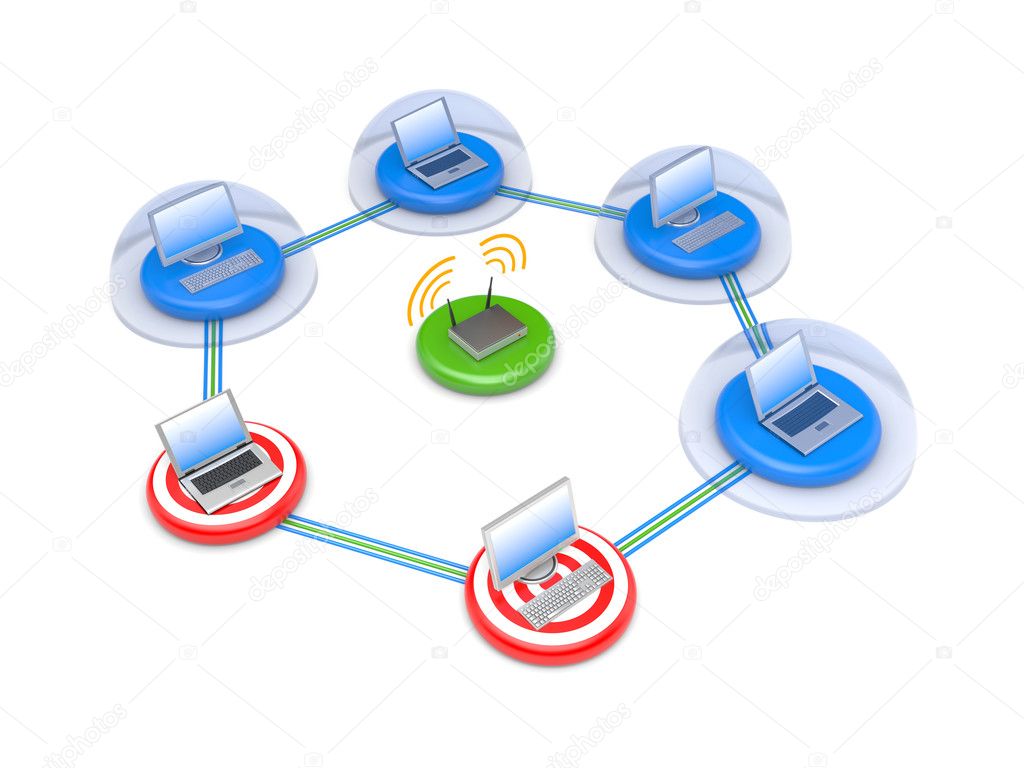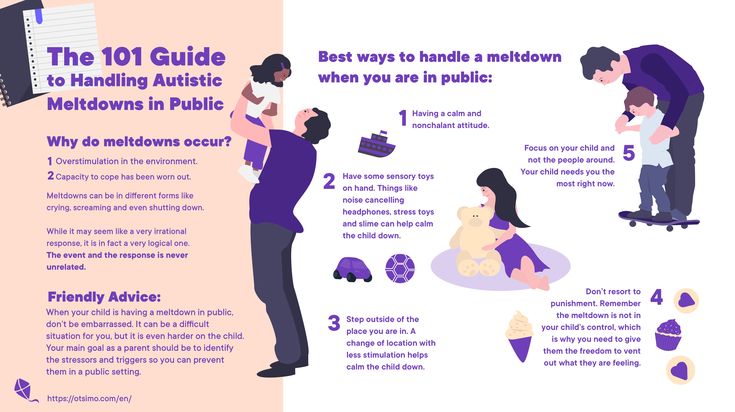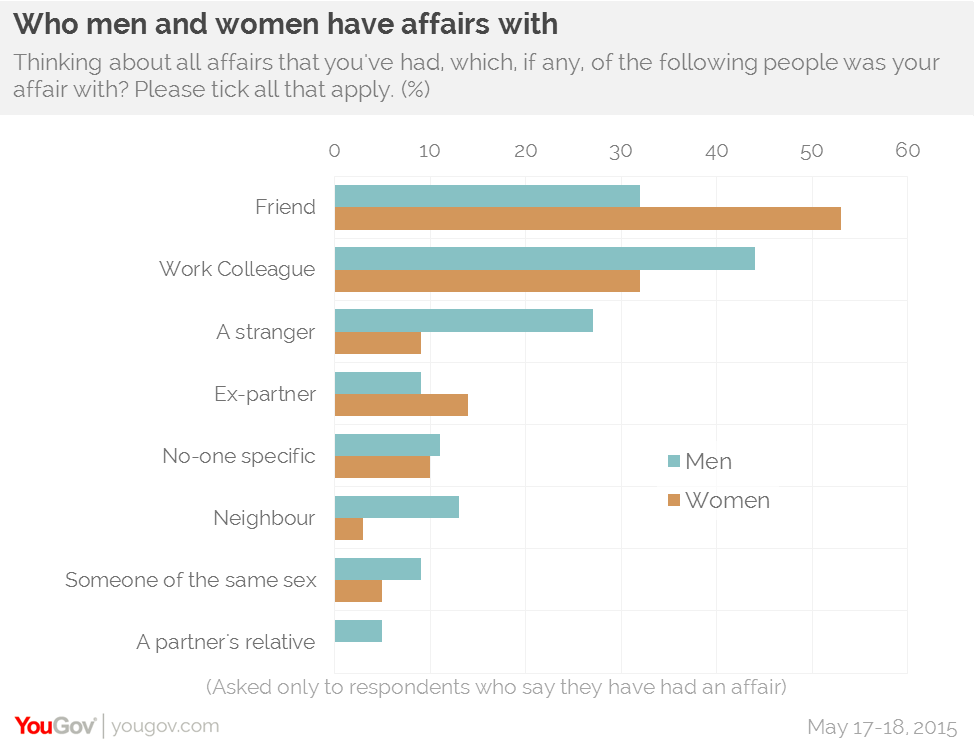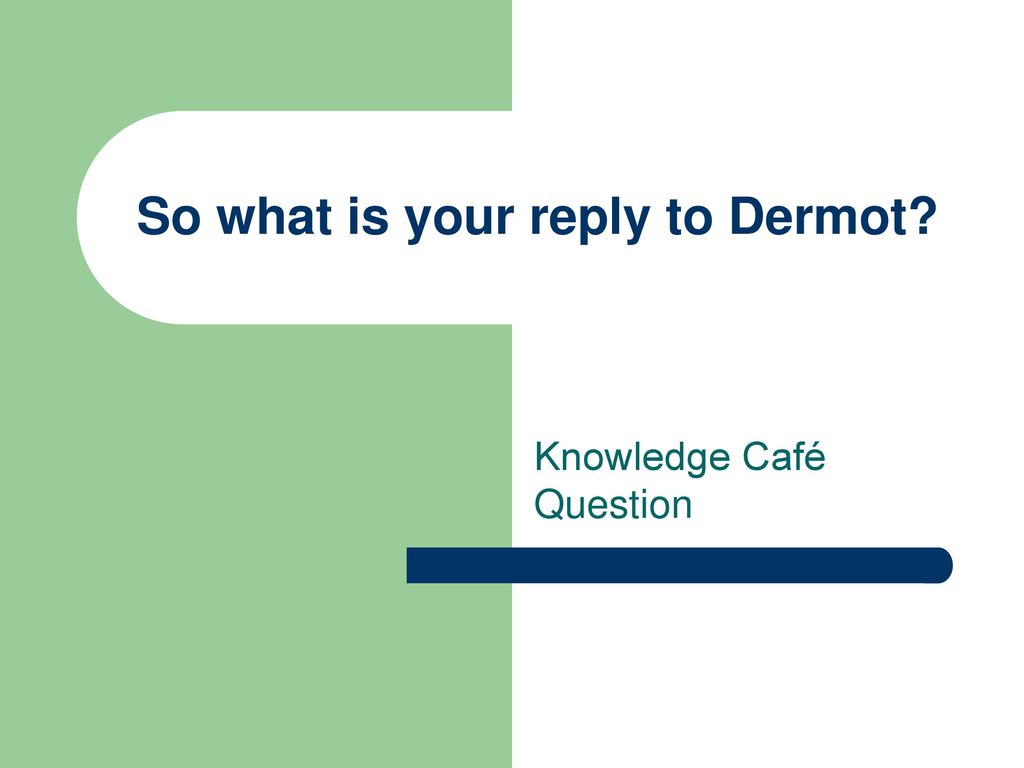Absence of communication
The Absence of Communication
“I wish that we could talk about it… …but there, that’s the problem.” ~James Murphy, LCD Soundsystem
Communication is everywhere. We’re not away from it much, if ever. It’s what makes us human. But for as ubiquitous and pervasive communication is, the absence of communication is actually a quite interesting place to look for clues about what is going on when people are communicating.
Thinking about the absence of a thing can make you realize how special something actually is.
We can think about “the absence of communication” in two ways. First, a total absence, as in a sterile vacuum of non-interaction — if such a thing could exist. This is perhaps slightly difficult to imagine as it’s fairly impractical. Imagine two people on opposite sides of the planet or even in the same neighborhood who have never interacted, never spoken, and are impossibly indifferent to the existence of the other. This is communication’s absence. You can call it “disconnection” if you like, but it is in essence a theoretical linkage where communication could exist but does not.
There is no relationship there. Very abstract, but exists.
A second idea of communication’s absence is when you have connected with someone in the past — that is, you’ve communicated previously — and then, in a given moment, you are not communicating with them. Maybe you wish you were, maybe not, but the relationship exists however the interaction isn’t there. This is also a form of absence.
Another odd-to-swallow fact is that despite how much time in a relationship we spend communicating, we can’t — and don’t — spend all of it communicating. So a big chunk of our relationships — any relationship — is being apart. It’s separation. Absence, in a way. This remains true despite the fact we are more connected then ever.
We all sit in dense networks of connections and relationships. Despite this, we actually spend more time *not* communicating with the people with whom we have relationships with than we spend communicating with them. At any given time we are likely to be only communicating with one or a few people. There are always many more people we are not communicating with despite having a perfectly fine relationship with them.
There are always many more people we are not communicating with despite having a perfectly fine relationship with them.
Communication’s absence isn’t much of question of good or bad because it can be either. We tend to think about absence of communication as bad, but it isn’t, inherently. There are myriad reasons why we might stop communicating with other people and create an absence: there are only so many hours in the day, plenty of people aren’t that nice or fun or interesting, the workday ends and we retreat from those parts of our lives into others.
This whole question of “the absence of communication” is kind of a weird one, you may be thinking to yourself. But keep in mind as you read that absences can be good, it’s a non-obvious idea to get your head around.
To explore absence a little more deeply, let’s talk about few extreme examples of “not communication.”
So absence is this extreme vacuum but it’s also the creation of a gap where one does not always exist.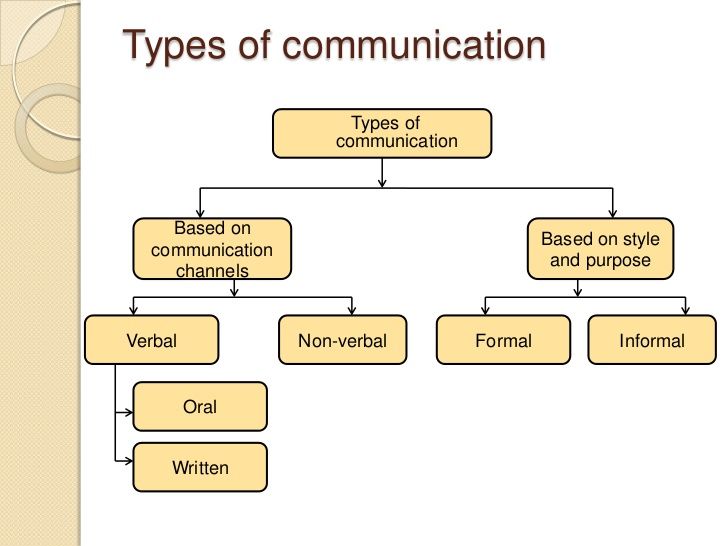 Sometimes these gaps are normal and others are more extreme, final, or severe.
Sometimes these gaps are normal and others are more extreme, final, or severe.
Death, for example, is a pretty extreme form of communication’s absence. One moment you’re able to have a conversation with someone and make a little meaning and the next moment, you can’t.
There are also a few historical instances worthy of examining to think more about communication voids, absences, and vacuums and the consequences of not communicating.
About 900 years ago, Holy Roman Emperor Frederick II’s — an accomplished guy if ruling over swaths of Europe is your thing — conceived a pretty twisted language deprivation experiment. In this experiment, Emperor Fred ordered an assembly of young infants taken from their families and raised without human interaction. The purpose of the “study” was to determine the original human language. The expected outcome was that by depriving babies of any speaking or “prattling” would result in the discovery of the original language of Adam and Eve. A bit kooky.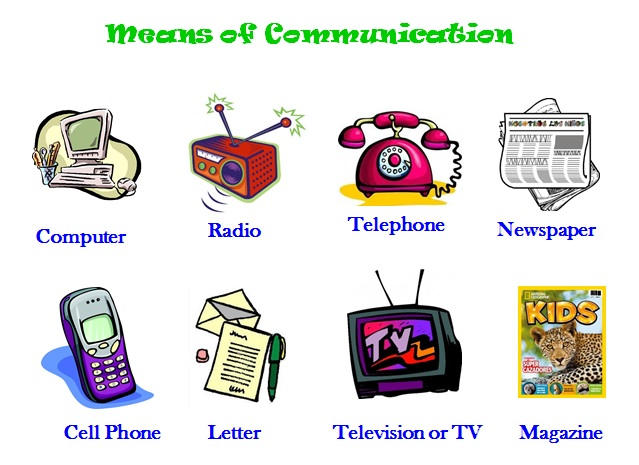
We know about all this because of a friar named Salimbeme — who reported on the experiment.
The experiment resulted in all the babies dying.
So much for not communicating.
Another historical, slightly less grim example, is that of Victor of Aveyron, a feral boy discovered in France when he was 12 years old around 1800. Victor — so the story goes — was rejected by alcoholic parents when he was very young and he fended for himself in the wild. He became famous as “the wild boy of Aveyron” where he emerged from the woods on his own January 8, 1800 at the age of 12. He could only grunt, knew no language, and ate only raw vegetables. He later learned how to cook. Victor bounced from orphanage to homes to hospitals and was considered mentally ill and an “idiot” — an accepted psychiatric medical term at the time. He eventually ended up at the French National Institute of the Deaf, despite the fact that he could hear, and was studied, poked, and prodded by many of the interested French doctors of the time.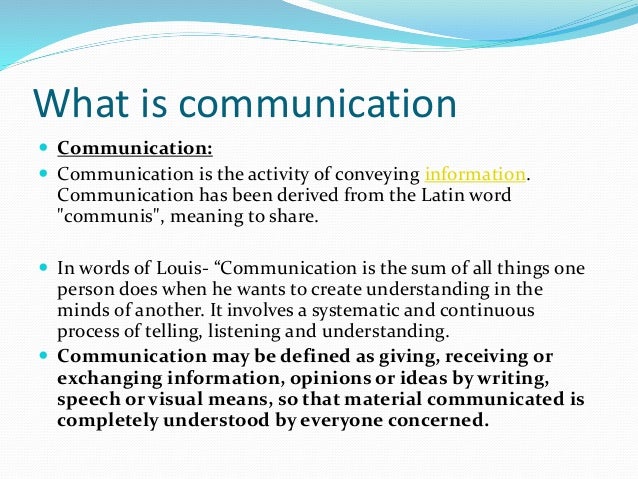
The scientists thought — through studying and educating Victor — they could better understand a host of matters including how humans adopt and learn language. He, in essence, became an n=1 case study.
It’s not everyday a human walks in off the street with next to no language skills. Victor went on to live for a few more decades until he died. Normal enough for so abnormal, I suppose.
These sorts of cases of absence, while intriguing, are little more than stories at this point. There is, however, one other example of the absence of communication that I would like to talk about and it’s very much real.
Solitary confinement.
I’m no expert on solitary confinement. I’ve never been in it nor do I hope to be. The little I do know about solitary confinement as a punishment form is from movies, both documentary (Last Days of Solitary) and fiction (Dead Man Walking, Green Mile, Shawshank) and reading books. Despite being completely unqualified and uncredentialed in any meaningful way on penal measures, I’m bringing it up because communication is at the essence of solitary confinement in that what is removed via the punishment is the possibility for human connection (e.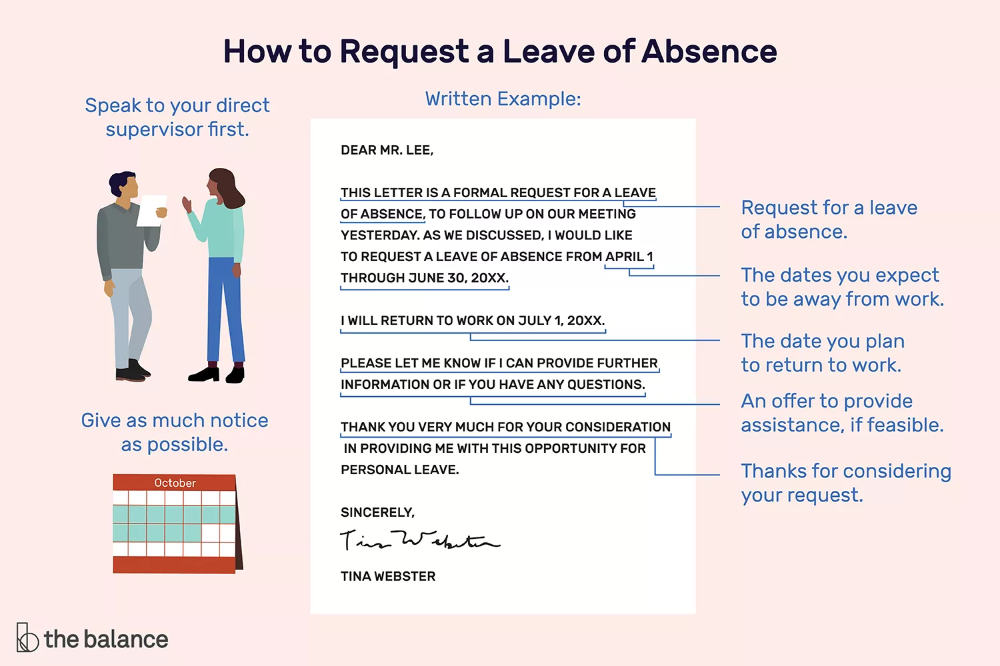 g, communication).
g, communication).
In the hole is a communication hole, I imagine.
It is this removal of all possibility of human connection and conversation that makes it so philosophically and morally wrong, in my view.
It’s the hope of the spark of communication that delivers one of the best scenes of Shawshank Redemption. The guard approaches Andy’s cell. Andy, who has been in the hole for over a month at this point. The guard says simply, “The kid passed. C+ average. Thought you’d want to know.” Andy smiles in the corner.
There is robust scientific literature establishing the negative psychological effects of solitary confinement and a wide window to argue that solitary confinement is a particularly cruel form of punishment. Humans in solitary confinement are prone to developing mental illnesses ranging from anxiety to depression to self-mutilation to suicidal thoughts [1]. This has resulted in many different organizations — professional correctional, mental health, legal, and human rights organizations — to support the drastic reduction of solitary confinement [2]. United Nation experts amount solitary confinement to torture and the consensus expert opinion is that any isolation exceeding 15 days should be outright banned [3]. In the United States, prisons will have Special Housing Units (SHUs) which is essentially solitary confinement at a larger scale. SHUs keep prisoners in solitary isolation including soundproofing and other tactics to limit communication between cells [4].
United Nation experts amount solitary confinement to torture and the consensus expert opinion is that any isolation exceeding 15 days should be outright banned [3]. In the United States, prisons will have Special Housing Units (SHUs) which is essentially solitary confinement at a larger scale. SHUs keep prisoners in solitary isolation including soundproofing and other tactics to limit communication between cells [4].
Solitary confinement presents a direct attack at the fundamental belief in communication.
A purposeful lack, or cutting off, of communication such as this detracts from the health and richness of the human condition — an involuntary severing of the humane connection between an individual and another. Solitary confinement is designed to instill feelings of futility and is purposed to terrorize, scare, and frighten. And at its core, solitary confinement damages and threatens the process of being human — communicating.
This is a problem. At least I think so.
The absence of communication — and the methods that get us there — leads us to quite some interesting questions and situations as well as moral dilemmas. These are some extreme cases. Not much of anything resembling what absence looks like within the context of most people’s relationships.
These are some extreme cases. Not much of anything resembling what absence looks like within the context of most people’s relationships.
Much of the above is just a thought exercise. The absence of communication within the context and confines of a relationship looks quite different than these examples I’ve presented. When it’s a result of a mad king, feral children, or part of a criminal punishment system, the absence of communication is one thing I suppose. Within the context of a relationship, absence’s features, qualities, and mechanisms look different.
For example, back to this idea that the absence of communication isn’t necessarily bad — except when it is. Absence can be long, troublesome, and anxiety-inducing and it can be short, normal, and agreed upon. Absence of communication can be quite ok and acceptable just as it can be a cause for grief and worry.
Sometimes — separation, absence — is exactly the tactic you should be engaging in. For example, if you’re angry with someone or having disagreement, a temporary break or separation may be exactly what the doctor ordered.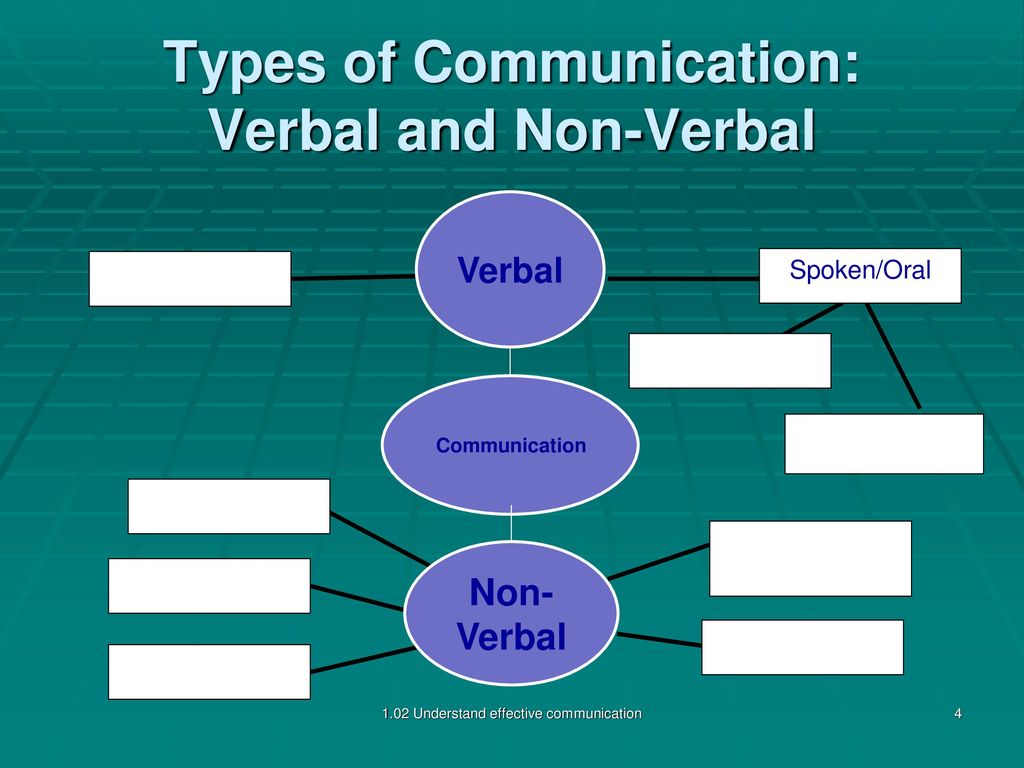 Separation — not talking, not communicating, whatever you want to call it — can actually be good for a relationship. Ever taken an agreed upon, fully mutual break from another person — even for just a few hours or a weekend? The result can be healthy.
Separation — not talking, not communicating, whatever you want to call it — can actually be good for a relationship. Ever taken an agreed upon, fully mutual break from another person — even for just a few hours or a weekend? The result can be healthy.
Humans move on from people frequently and these leavings are judged both good and bad. You can mostly no longer communicate with someone and still maintain a relationship — one that is marked by the absence of communication. For example, I have people who I would call friends and yet I rarely if ever communicate with them. Some relationships are mostly absence. You might only talk once or twice a year or at even wider intervals than that. Your relationship may very well be strong, when you communicate it might be great, and the relationship can be so very satisfying — yet it’s mostly absence. It appears that absence can be just fine and dandy. How strange.
We move on from people and sometimes we realize that not talking to them is better than doing so, and we find ourselves much happier in communication abstentia than we would be otherwise.
The fact is that in any relationship — even the good ones, the ones we maintain — we’re not always jabbering back and forth. Even in good relationships, there’s plenty of time spent not communicating.
The absence of communication is, in a sense, a requirement for a relationship. We can’t communicate with everyone all the time — that’s physically, mentally, emotionally impossible.
It’s mostly low-density space between us it seems. That’s along the lines of what the physicists seem to think about space too. It’s not empty, it’s certainly not always full, but it’s there and it’s doing something.
Artwork: Blue Spot © Bernard Cohen, Tate Gallery, London, UK.
How It Affects Us and Ways to Improve It
Communication is essential to all relationships, but a lack of effective communication could leave you unsure of where you stand. Here’s what to do next.
Learning to communicate clearly and consistently with others is an essential tool for developing healthy relationships.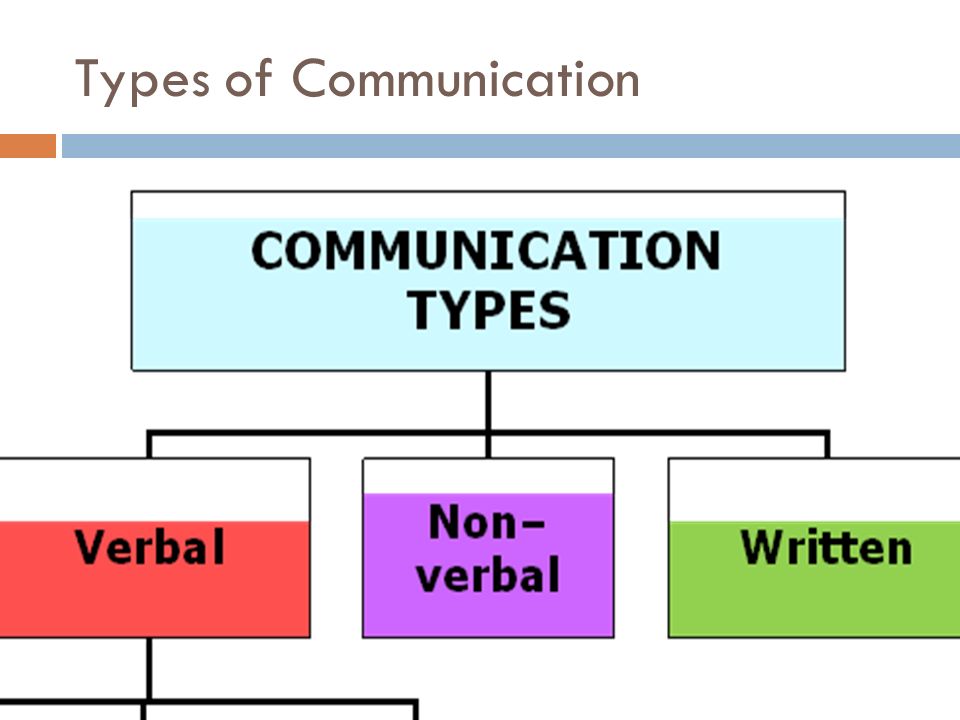
If you’re able to communicate well, you may find that the relationships you have with your partner, friends, family, colleagues, and acquaintances are easier and have less conflict.
Communication can be verbal or nonverbal. By crossing your arms and rolling your eyes during a conversation, or nodding your head and leaning in toward the person speaking, you can convey a lot of meaning without words.
Body language is a vital aspect of communication that can display your emotions and the subtext of your words without having to say it all out loud.
However, if you find yourself in a relationship where clear and reassuring communication is insufficient, you may feel confused, lonely, or left with mixed signals because you don’t know how the other person is feeling. This lack of productive communication can also take a toll on your mental health over time.
But everyone — with a little practice — can learn to communicate better and make their relationships stronger.
A lack of strong communication skills or difficulty clearly stating needs and expectations aren’t automatic red flags in your partner. But it can be very frustrating if you’re trying to interact with someone who doesn’t communicate well.
For example, maybe your partner grew up in a family that didn’t communicate effectively, but instead regularly communicated through yelling and shouting at each other. This, in turn, may cause them to shut down when attempting to convey their needs because they were criticized or yelled at when they had previously tried.
The communication patterns that your partner’s family may have taught them can influence your relationship with them, too. If they often fall back into those learned patterns of poor communication, it may cause rifts in your relationship with them.
Poor communication can also affect you beyond just your relationships with friends or family — it can also present challenges at work. Ineffective communication among co-workers can also affect your job performance and your team’s ability to reach goals.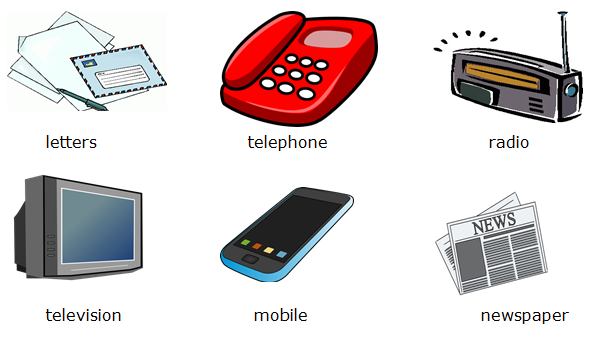
Imagine a different example: Perhaps your supervisor doesn’t clearly communicate what is expected from you during the workday, which could leave you wondering what they really want from you. This failure to communicate clear expectations could lower your morale or cause you to get in trouble for not meeting unclear expectations.
However, situations like this aren’t strictly one-sided, and constructive communication will rely on your input as well. If you don’t communicate to your supervisor that you’re unclear about their expectations, they won’t know that you’re having trouble meeting your goals and might even assume that your silence means that you understand the assignment.
In both of these examples, rifts in communication can cause negative outcomes between you and another person, and thus, impact your relationship.
Different communication styles
When you’re looking to improve communication, it’s important to note that each person’s style and manner of communication are different.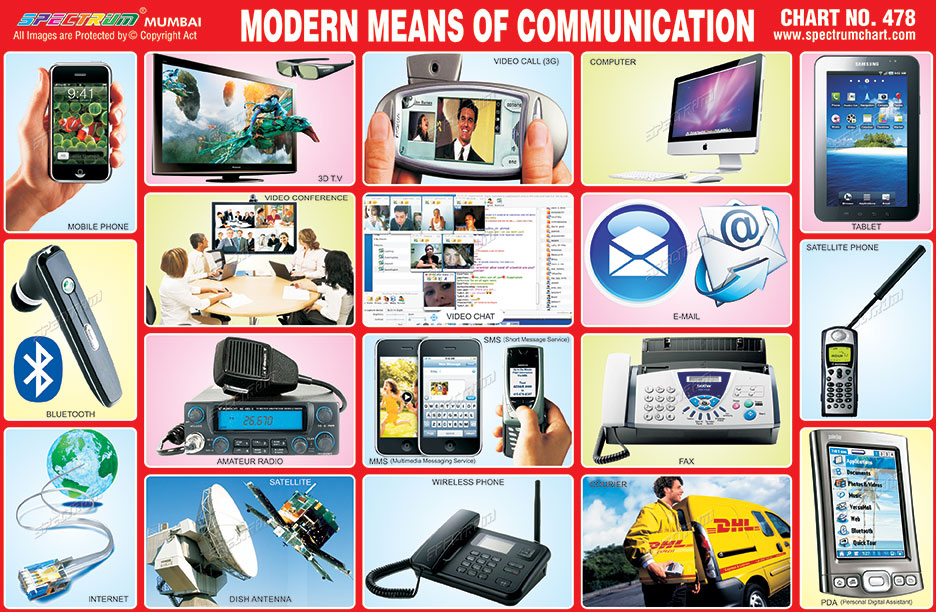 This article mainly focuses on neurotypical styles of communication.
This article mainly focuses on neurotypical styles of communication.
Neurodivergent folks, including autistic people, may communicate in different ways. For instance, avoiding eye contact and fidgeting may help them concentrate better or feel more comfortable in conversation and doesn’t always mean disinterest.
Using different communication styles doesn’t necessarily mean that the communication is less effective, though it often requires communicating with greater thoughtfulness and intention.
You can read Healthline’s “Neurotypical’s Guide to Speaking to Someone with Autism” here.
Poor communication can leave you feeling frustrated, upset, distant, confused, and more. Even if you can’t pinpoint exactly where the communication is breaking down, you can feel the stress of those interactions.
This is why it’s important to identify the signs of poor communication in your relationships, so you can work to address them.
Some general signs of poor communication include:
- passive listening instead of active listening
- shutting down
- letting things bottle up inside until you explode in anger or sadness
- yelling or screaming
- becoming physically or verbally abusive
- dismissing other people’s points of view
- demonstrating passive-aggressive behavior
- not being clear about expectations, needs, or wants
- giving the silent treatment
- interrupting
If you have a difficult time communicating, you may find yourself not getting your needs met at work, with your family or friends, or in romantic relationships.
You may also feel anxious, insecure, and lonely. Challenges with communication can make it difficult to maintain relationships or leave you feeling uncertain about where you stand in a relationship.
Ineffective communication can lead to many misunderstandings or disagreements, too. This can include making mistakes or completing tasks incorrectly, having your feelings hurt, causing arguments, or distancing yourself from others.
If these or other communication issues occur frequently, it may have a negative impact on your relationships.
Ineffective communication in the workplace can also cause your work to suffer. If your manager neglects to give you feedback, positive or negative, it can be difficult to improve your performance.
Poor or insufficient communication doesn’t have to be a dealbreaker, as long as both people are committed to learning and practicing better communication skills.
It’s a two-way street, and repairing communication works best when all people involved share the responsibility of making it work.
By practicing, giving feedback, and seeking out help, anyone’s communication skills can improve.
However, if someone continually crosses your boundaries or frequently degrades or verbally abuses you, it might indicate an unhealthy relationship, and you may benefit from re-evaluating that person’s role in your life.
Improving your communication skills is an ongoing process, and like most learned skills, the more time and practice you put into it, the more improvements you’ll see.
There are many techniques that you can learn and practice in your everyday conversations to create more opportunities for positive interactions.
Use ‘I’ statements
Using “I” statements helps you put your feelings into words and explain how you’re specifically affected by another person’s behavior. Because you’re intentionally focusing on yourself, you aren’t attributing negative actions or placing blame on the other person.
This can help prevent a defensive reaction because the other person is less likely to feel attacked or blamed. Once you’ve communicated how you’re impacted by the behavior, you can then start to describe what changes you would like to see to resolve the conflict.
Once you’ve communicated how you’re impacted by the behavior, you can then start to describe what changes you would like to see to resolve the conflict.
An example
Instead of saying: “You never help me around the house!”
Consider using “I” statements like: “I feel overwhelmed when I’m the only one cleaning the house. I’d like for you to help me take out the trash and do the laundry.”
While the first example is accusatory and may cause the other person to become defensive, the second example clearly states the person’s feelings, needs, and expectations.
Set clear boundaries
In any relationship, setting clear personal boundaries is very important so that there’s no misunderstanding about when those lines are crossed or what topics are off-limits.
If boundaries aren’t clearly communicated, people may be unaware that they’ve gone too far.
Here’s an example of setting a clear boundary:
“Mom, I don’t like it when you shout at me over the phone. I’m not OK with shouting, and I don’t want to have our future conversations include shouting.”
I’m not OK with shouting, and I don’t want to have our future conversations include shouting.”
This person is clearly communicating a boundary — that they’re not OK with yelling — and stating their expectations for future conversations.
Take a timeout if necessary
There are certain times, especially during a heated discussion, that it might be necessary to take a break so that you can calm down, collect your thoughts, and return to the discussion with a clearer mindset. Even a brief pause can help prevent a further communication breakdown.
If you find yourself in a heated argument, overcome with anxiety, or very upset, it might indicate that you need to take a timeout.
Taking some space for yourself doesn’t mean that you’re avoiding the issue at hand, but rather helping to make sure you can return and communicate your ideas clearly.
In fact, it can be an effective technique when tensions are running high because it gives everyone the chance to cool off.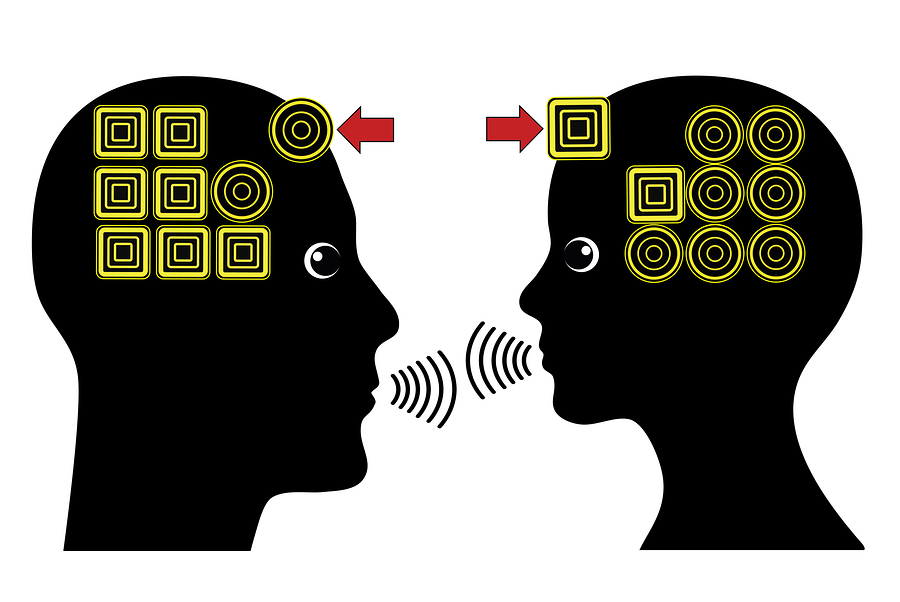
Practice active listening
Active listening is when you listen closely to what someone is saying with the intention of understanding and responding to what they’ve shared.
If you’re only “listening” just to share your perspective, or if you find yourself tuning out, chances are that you aren’t practicing active listening.
To practice active listening:
- Give the speaker your full attention.
- Avoid interrupting.
- Avoid jumping to conclusions.
- Reflect back what you hear the person saying.
- Be aware of your body language.
- Make eye contact.
- Don’t judge or shame the speaker.
A 2014 article that examined communication between physicians and patients found that active listening is key to maintaining an emotional connection and trust in the physician-patient relationship.
The article noted active listening should include displays of empathy, reflecting what the patient has said, using encouragement, nonverbal responses, and more.
People who communicate well are able to clearly express themselves and their needs and understand the expectations that others have set for them. But this isn’t a skill that always comes naturally and it can take time and practice to truly master.
If you face challenges with your communication skills or feel that there is a lack of strong communication in your personal relationships, consider talking with the other person about your concerns and commit to finding new techniques that can make you both better communicators and listeners.
However, if you feel too overwhelmed or anxious about exploring how to improve your communication, it may be helpful to consider talking with a therapist or a trusted friend. They can help you identify challenges and offer suggestions to improve your communication skills.
Remember, poor communication doesn’t have to signal the end of a relationship or that it has failed. Instead, it can be used as an opportunity to practice and improve.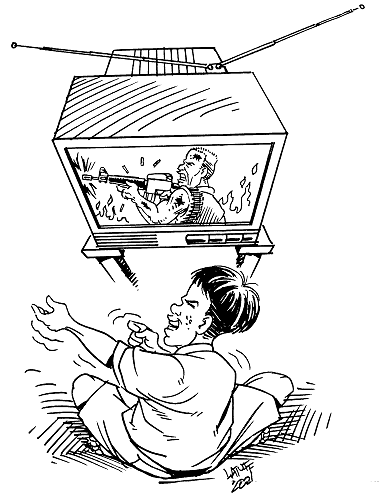
No network on the phone - what to do if it doesn't catch and how to fix it
8 (800) 770-78-878 (800) 770-78-87 8 (800) 770-78-87 8 (800) 770-78-87 8(800)770-78-87
Addresses of service centersCheck status
Moscow
MT Service
Federal Service Company
For example, Huawei P10 Lite
- We repair
- Warranty repair
- About company
- Corporate clients
- Addresses of service centers
-
Check status
nine0016
When we need to make an immediate call, we act mechanically and do not think about whether there is a cellular connection at that moment at a particular point.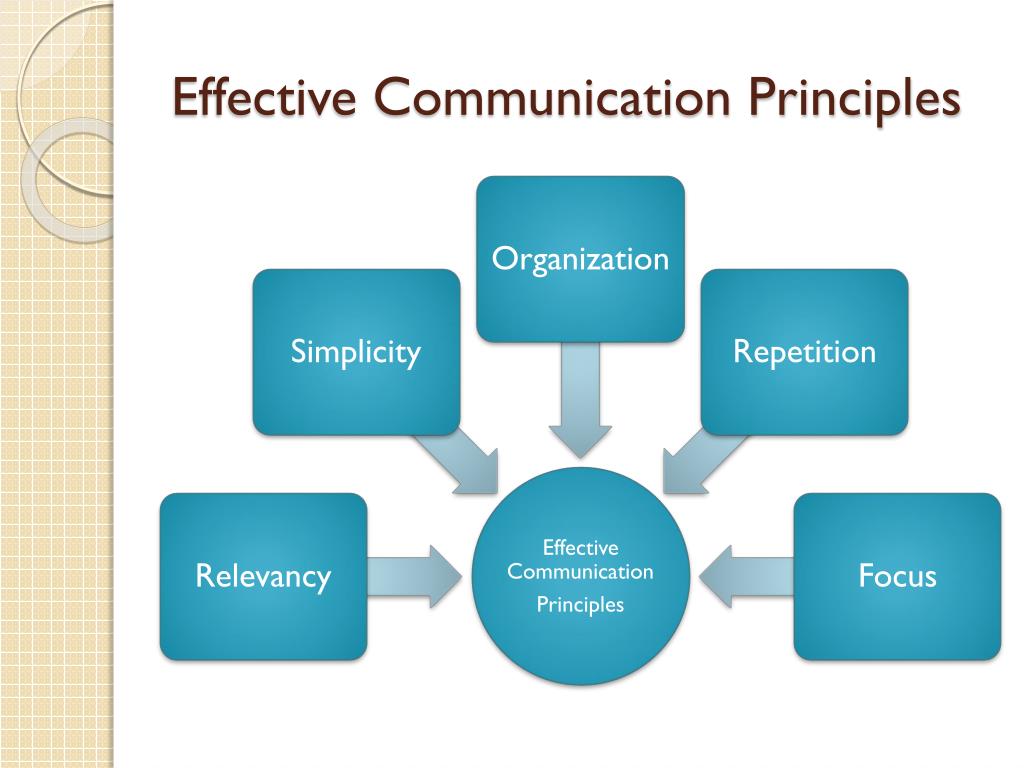 The habit of using a mobile phone was fixed quickly. We do not remember that in remote areas there are still not enough transmitters and there are many places around where mobile phones are practically useless.
The habit of using a mobile phone was fixed quickly. We do not remember that in remote areas there are still not enough transmitters and there are many places around where mobile phones are practically useless.
There are many myths about the quality of mobile communications associated with analogue standards. Some models are considered more sensitive than others, that is, they work well even far from stations, in basements and subways. Then the power of the transmitter in the phone played a decisive role, as well as weather factors. The stereotype is alive even now, when the digital standard has replaced the analog one. nine0003
Subscribers of different operators give arguments about how well their phone model catches the network. However, the coverage of GSM networks has leveled the influence of external factors, the power of the transmitters has increased, and all phones of this standard have similar receivers. The manufacturer forms the model range of the brand on the basis of an identical technological platform.
In practice, the behavior of a particular phone in the network cannot be transferred to all models of the company. Most likely, the device simply works better or worse than its relatives for a number of objective reasons. Interaction with the network depends on the software, factory settings, quality of parts. All of these are prone to damage. nine0003
Possible causes and remedies
- You are in an area with low base station signal strength
If you are far out of town, in a forest, in a basement, in the subway, in the depths of an old foundation building with meter-thick brick walls, and your device shows a low network level or has lost it altogether, then most likely your device is working. And the loss of the network is caused by a low signal strength of the base station in a particular location. Also, the loss of the network by the device can be caused by a temporary shutdown of the base station itself on the operator's side. nine0044 - Software failure
If the problem with the network is caused by a software failure, perform the following operations in sequence: remove-insert the battery, if it doesn’t help, do a soft reset through the menu, if it doesn’t help, do a hard reset through the service menu.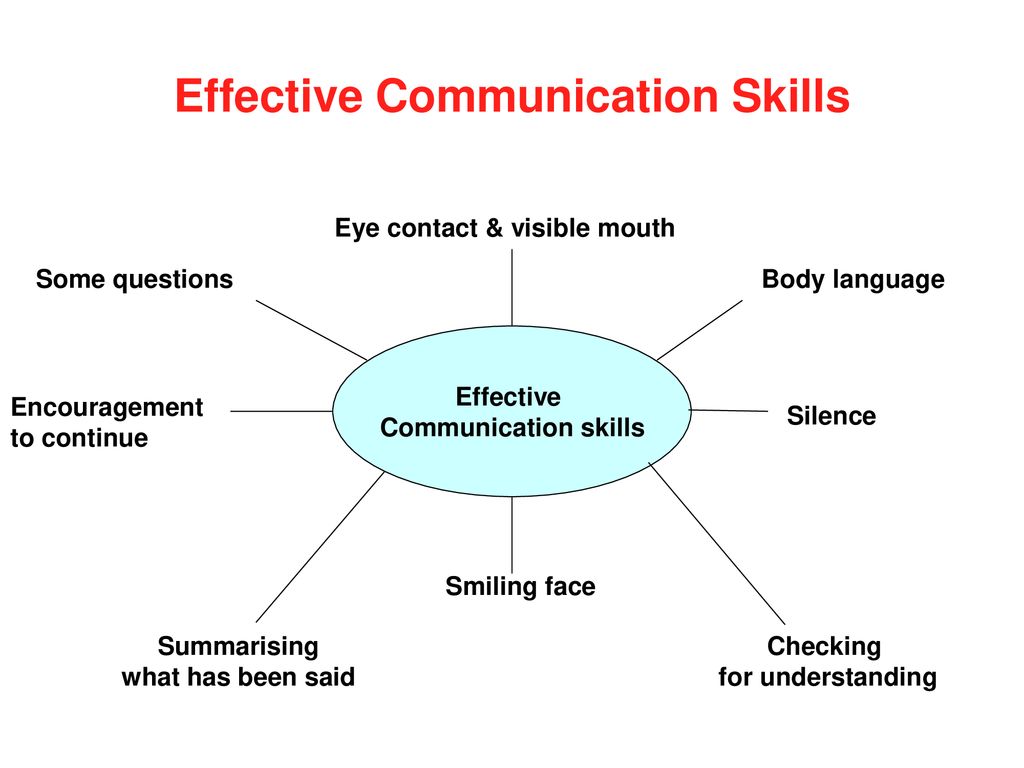 For android, this is a certain key combination: you need to turn off the device, hold down the volume button and at the same time the power button for 3-5 seconds until the service menu appears on the display. For different models, different key combinations are used (volume up, volume down, home button), but always with the simultaneous pressing of the power button. In the service menu, use the volume buttons to select the item wipe data or factory reset. A hard reset will completely delete all client data from the device’s memory (book, photo, installed programs, etc.), i.e. the device will return to the factory state in which the device was when the device was purchased. If a hard reset does not help, then your device needs a software update in our authorized service centers using official programs provided by phone manufacturers. By updating the software in our authorized service centers, you can be sure that you will be installed with the latest latest version of the software from the manufacturer.
For android, this is a certain key combination: you need to turn off the device, hold down the volume button and at the same time the power button for 3-5 seconds until the service menu appears on the display. For different models, different key combinations are used (volume up, volume down, home button), but always with the simultaneous pressing of the power button. In the service menu, use the volume buttons to select the item wipe data or factory reset. A hard reset will completely delete all client data from the device’s memory (book, photo, installed programs, etc.), i.e. the device will return to the factory state in which the device was when the device was purchased. If a hard reset does not help, then your device needs a software update in our authorized service centers using official programs provided by phone manufacturers. By updating the software in our authorized service centers, you can be sure that you will be installed with the latest latest version of the software from the manufacturer. nine0044
nine0044 - Defective antenna, antenna key, radio processor, power amplifier, displexer, etc.
If your device stopped seeing the network in the zone of reliable reception, then most likely a component repair and electrical replacement of the radio unit chips are required. Self-repair by the user of such a defect is not possible. In our SC, they will diagnose the main board, determine the damaged microcircuit and replace it with the help of a soldering station, and in case of damage to the microcircuits of the radio unit under the compound (glue), they will replace the entire main board with a new one. nine0044
Our advantages
Doctor Brown
Moscow, 01/09/2023
Hello
- Quality
- Speed
- Service
five
%name%
%city%, %LastUpdated%
%text%
- Quality
- Speed
- Service
%rating3%
- Quality nine0015 Speed
- Service
I agree to the processing of personal data in accordance with the Policy
Natalya
Moscow, 08/26/2022
What is the cost? Yes, I suddenly stopped seeing the network. None of the cards are visible.
None of the cards are visible.
Olga, MT Service
05.12.2022
Good afternoon!
To provide an answer, please specify the brand of the device manufacturer. nine0003
For this defect, the device must be submitted for diagnostics, then the wizard will provide an answer on the possibility and terms of service.
We can order courier delivery to return the device.
The courier will pick up free of charge.
Discount for repairs, when ordered by courier, will be 10%.
For all questions, you can contact the contact line 8 800 770 78 87.
Thank you for contacting us!
Regards
MT Service
Lynch
Moscow, 05/04/2022
Hello
Seryoga
Moscow, 03/19/2022
Is there your center in Murmansk?
Olga, Svyaznoy servis
08/30/2022
Good afternoon!
Unfortunately, there is no service center in Murmansk.
We can order courier delivery to return the device.
The courier will pick up free of charge.
Discount for repairs, when ordered by courier, will be 10%. nine0003
For all questions, you can contact the contact line 8 800 770 78 87.
Thank you for contacting us!
Anatoly Sorokhmanyuk
Moscow, 03/12/2022
iPhone 6+ writes network search
Tatyana
Moscow, 01/02/2022
there is a cross, it says no network?
Anastasia
Moscow, 04/09/2021
Hello, there is a network, but incoming and outgoing calls are not received. There is also no Internet in ai-fi. What could be the reason? nine0003
Katya
Moscow, 04/06/2021
Restarted the realme C3 phone lost connection, does not catch, shows that there is no network cross, what to do, what could it be? How to make it catch?
Vadim
Moscow, 03/12/2021
Good afternoon. Please tell me why the network signal appears only if the caller is close to me? It is worth moving 10 meters away, as the connection is lost. Thank you
Thank you
Olga, MT Service
04/09/2022
Good afternoon!
The device must be submitted for diagnostics, then the wizard will provide an answer to the problem.
Please also specify the brand of the device manufacturer.
If you have any questions, please call 8 800 770 7887.
Thank you for contacting us!
Elena
Irkutsk, 01/21/2021
Why does not catch the Internet in the phone and the clock does not change
Tatiana, MT Service
04/09/2022
Good afternoon! Thank you for your contact. Unfortunately, it is not possible to comment on the situation without diagnosing the device. We recommend that you contact our Service Center, the technicians will check the device and only then we will inform you about the possibility of servicing. We are ready to answer your additional questions by calling 8-800-770-78-87. Best regards, MT Service LLC. nine0003
Indira
Moscow, 04/23/2020
Why is there no network in the phone
Tatyana, MT Service
04/09/2022
Good afternoon! Thank you for your contact.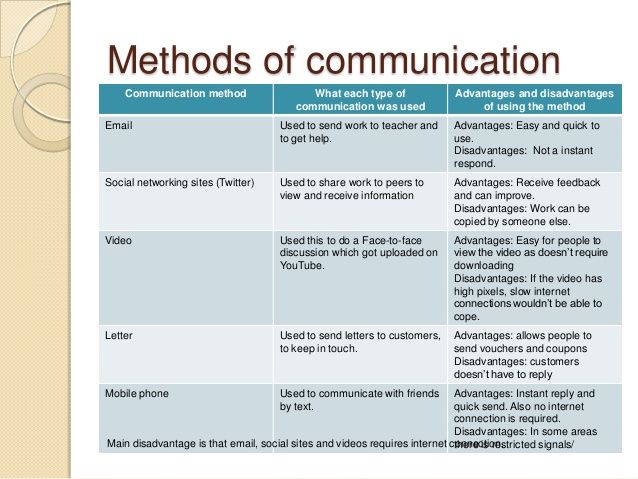 Unfortunately, without seeing the device by a technical specialist, it is not possible to comment on the situation that has arisen. We recommend that you take the device for diagnostics.
Unfortunately, without seeing the device by a technical specialist, it is not possible to comment on the situation that has arisen. We recommend that you take the device for diagnostics.
Additional questions can also be sent to e-mail [email protected]
5 life hacks on how to catch the net and contact your family
iLounge | Articles | 💙 Interesting articles | What to do if there is no connection: 5 life hacks on how to catch a network and contact relatives
Articles and reviews
Comment We have collected 5 ways to solve the problem, in case of loss of network and communication.
In connection with the war in Ukraine and periodic rocket attacks on important infrastructure facilities, a new problem has arisen - the lack of network and communication. After all, having a network and connection is an important thing for communication and connection with the world. In the event of the loss of these two things, a person will be cut off from access to the Internet and mobile calls.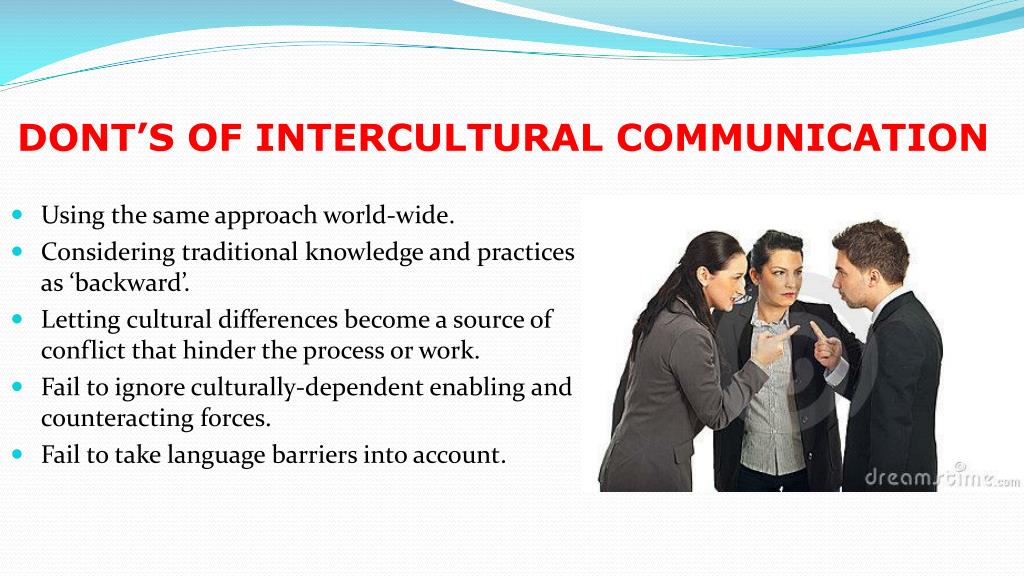 nine0003
nine0003
Today, the network and communications can be lost due to damage to the power grid and critical infrastructure. Therefore, it may take quite some time before the problem is resolved and the network is restored. But you can prepare for everything, then we described 5 life hacks that can help in the absence of communication and network.
1. Switching between operators
During the war, it is possible to switch between operators. This helps if your carrier is disabled or the connection is very poor. To switch between operators, you need:
- Disable auto network selection. On iOS, this can be done by going to Settings > Cellular Data > Network Selection. On Android: go to Settings > Mobile network / connection > Operator;
- Find and fix available network;
- If it didn't work out, choose another network from the presented ones;
- Check the possibility of an incoming call, SMS and Internet.
2. Save network resources
Limit mobile internet usage to the required minimum.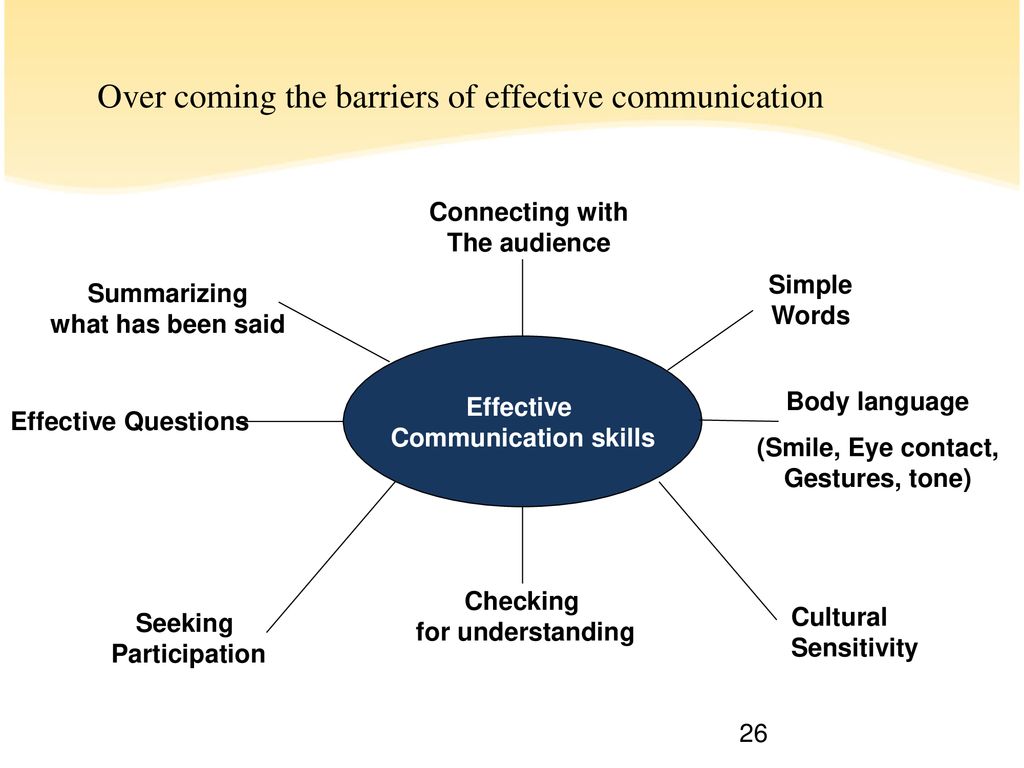 This will help not overload the infrastructure that is still working, which will allow more people to stay connected. nine0003
This will help not overload the infrastructure that is still working, which will allow more people to stay connected. nine0003
We recommend using your home internet whenever possible. You can also connect to Wi-Fi at work or near cafes, restaurants and other places where there are open access points.
Set the traffic limit in the application settings. This will help you use traffic more economically.
You should also disable the automatic download of images and videos in instant messengers. In most popular communication apps, this can be done in the settings. So you can get only important text information, and upload the image manually if necessary. nine0003
You can turn off automatic download by going to Messenger settings → Data and storage or Media files → Disable Background download. Under Via mobile network, turn off Auto-download media.
Plus, it is recommended that you prefer to communicate via text messages over video calls. If there is no emergency, you need to limit even ordinary phone calls and communicate in the messenger.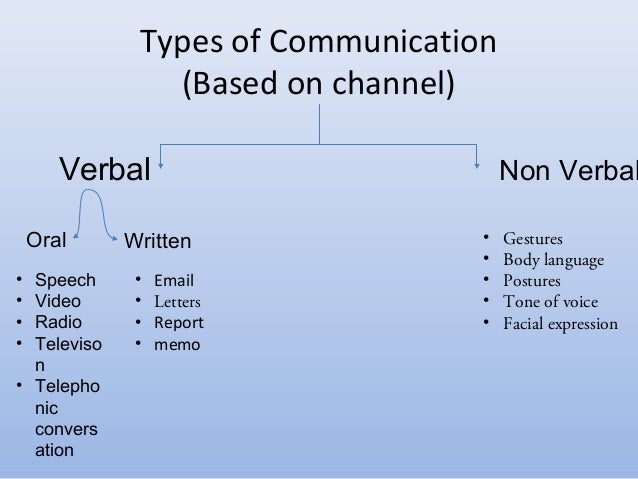
3. Install applications for offline communication
It is important that the phone has an offline messenger (or better, several), which can be useful in the absence of the Internet and mobile communications. Such applications, of course, will not be able to send a message to another city, but they are able to provide communication at a distance of up to 100 meters via Bluetooth.
For example, the Bridgefy application. Bridgefy's standalone messenger uses the phone's Bluetooth connectivity to connect with other smartphones running the same app. Once set up, the app allows you to chat with Bridgefy users within 100 meters of you. But the person must be in your contact list. nine0003
The Two Way: Walkie Talkie app can also help you keep in touch. After installing Two Way on your smartphone, it will immediately turn into a kind of walkie-talkie. Installation only takes a few seconds, as there is no registration in the application. You just need to tune into any channel and share your channel with your friends. After that, just press and hold the Talk button and when the line status turns green, start talking. Another person must do the same
After that, just press and hold the Talk button and when the line status turns green, start talking. Another person must do the same
4. Radio and walkie-talkie
If the connection and the network is lost often enough, buy in advance a small radio receiver for ultrashort and FM waves, as well as batteries for it. Such a gadget will allow you to receive important messages from the government or local authorities if there are no other means of communication.
A special VHF radio is also available. The cost of such devices starts from 4000 UAH.
But at the same time, it is important to understand that a walkie-talkie is not a mobile phone, so you need to discuss the time of the communication session and at what frequency you get in touch. The disadvantage of walkie-talkies is that the range in them is small - from 1 to 15 kilometers. This may be relevant when you live close to the person you want to contact. nine0003
5. Find an object where there may be a landline or radio connection
If switching between operators did not help to resume communication, and you have not had a landline phone for a long time, you can find the nearest object where there is a landline telephone or radio connection.